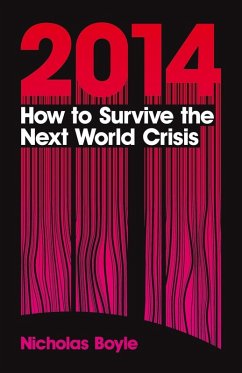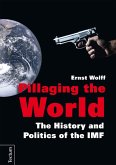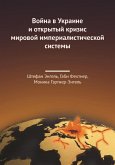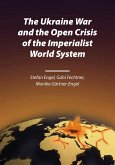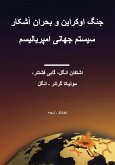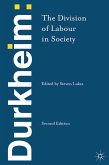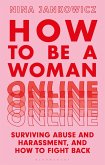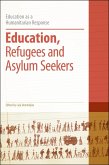A new world crisis is already looming. By 2014, our generation's legacy to the twenty-first century will be decided. Will it be a century of climatic disaster and war? The roots of the present crisis lie in an unbalanced globalization which has failed to match economic with political integration. False models of nationhood, markets, and empires have hindered the development of global governance.
If human civilization is to survive the twenty-first century, current ideologies will have to give way to a more realistic acceptance of supranational authorities, and especially of an enhanced IMF and WTO. The banking collapse and its ramifications call for a revived understanding of the interdependence of politics and economics. The self-images of nations have lost touch with the realities that determine our lives: it is the world order that now gives us our identity and alone can secure our collective future.
If human civilization is to survive the twenty-first century, current ideologies will have to give way to a more realistic acceptance of supranational authorities, and especially of an enhanced IMF and WTO. The banking collapse and its ramifications call for a revived understanding of the interdependence of politics and economics. The self-images of nations have lost touch with the realities that determine our lives: it is the world order that now gives us our identity and alone can secure our collective future.

